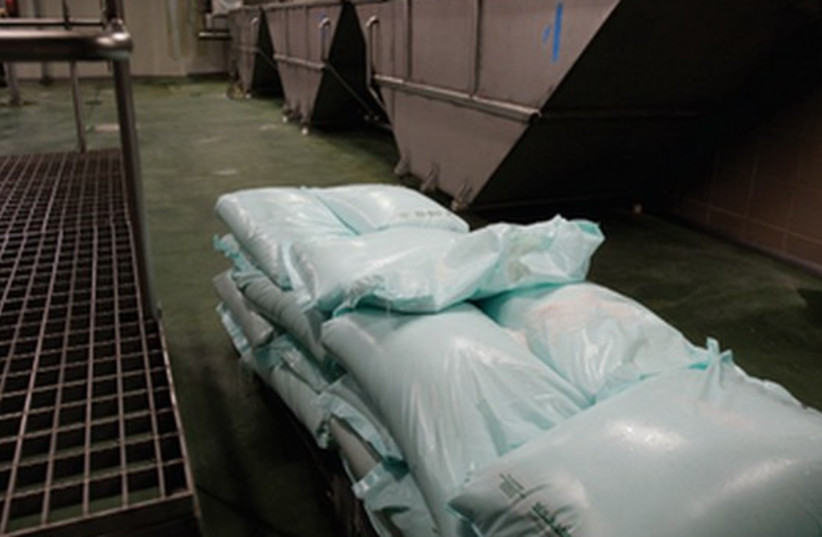The Constitutional Court of Belgium has upheld a verdict of the European Court of Justice which ruled that member states of the European Union can ban religious slaughter done without pre-stunning. The ruling itself upheld legislation to this effect passed by the legislatures of the Wallonia and Flanders regions of Belgium in 2017.
In its review of the European Court of Justice’s decision from December 2002, the Constitutional Court stressed in its ruling on Thursday that freedom of thought, conscience and religion was one of the foundations of a democratic society.
It also recognized that the general ban on slaughter without stunning entailed a restriction on the freedom of religion of Jews and Muslims who use such methods and whose religious laws prohibit the consumption of meat of stunned animals.
The ban on slaughter without stunning, however, “responds to a pressing social need and is proportionate to the legitimate objective pursued of promoting animal welfare,” the Belgian court said.
“Furthermore, the possibility of reversible stunning during ritual slaughter cannot be interpreted as prescribing how a religious rite is to be performed,” it argued.

The Conference of European Rabbis lamented the decision, but said the ruling was expected.
“Whilst we are disappointed with today’s judgment, we are certainly not surprised as it upholds the status quo in Belgium,” said Conference of European Rabbis president Rabbi Pinchas Goldschmidt.
“This ruling confirms the ban on religious slaughter and brings Belgium into line with those few other countries whose bans on shechita [kosher slaughter] date from the Nazi era,” said the rabbi.
“Removing the Jewish community’s ability to be self-sufficient sends a clear message about how Jews are regarded within Belgium and how the authorities see their future.
“The impact is immense and the effect detrimental to Belgian Jews. Now that the legal process has concluded, we hope that parliamentarians will meaningfully engage with religious communities, and it is our hope that shechita can be restored throughout Belgian soon.”
World Jewish Congress president Ronald S. Lauder also criticized the decision in a statement released by the WJC on Thursday.
“Today’s ruling is a continued maneuver to discriminate against Belgium’s Jewish and Muslim citizens,” said Lauder. “By Prohibiting religious slaughter without stunning, the Court of Justice of the European Union has placed a potentially terminal obstacle to continued Jewish communal life in Europe. This is not a matter of animal welfare, but the suppression of religious freedom and liberty that is guaranteed in Article 10(1) of the EU’s Charter of Fundamental Rights.
“As antisemitism continues to surge in Europe and around the world, we cannot let instances of religious persecution like this go unchallenged. The European Union must reverse this ill-advised decision so that Jews, and other minority religions, can practice their beliefs without restrictions.”
